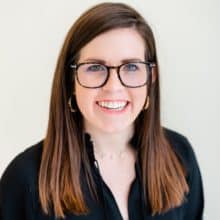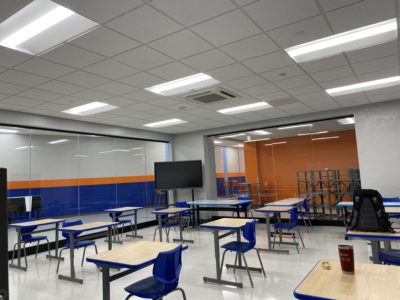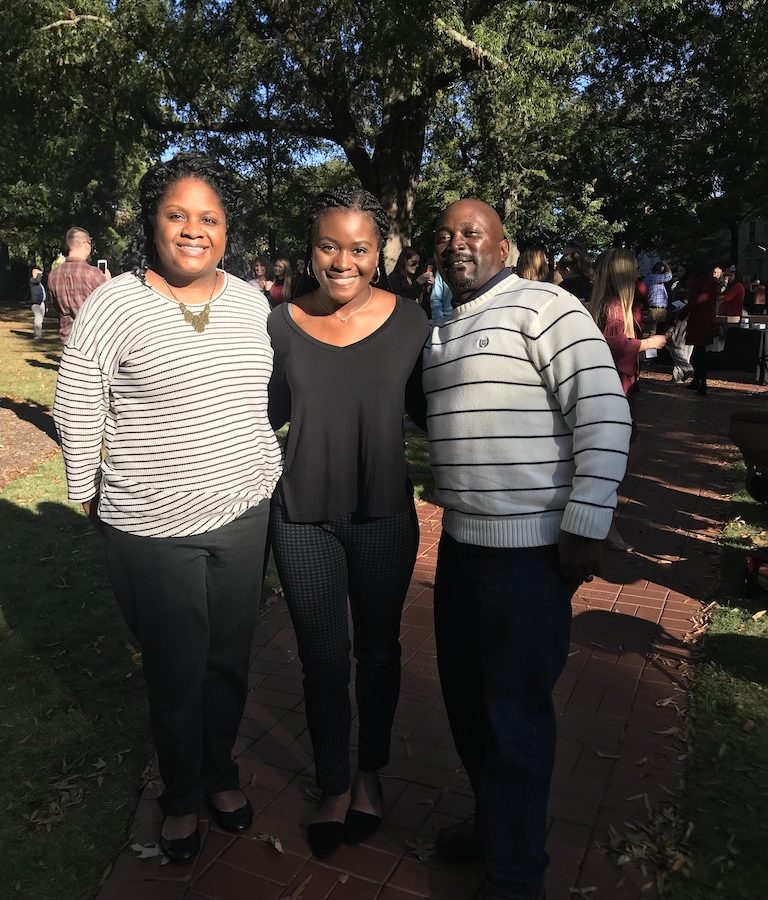

When Tyra Moss declared her major as public health at the University of South Carolina, she never would have predicted that she would be teaching middle school science during a global pandemic a few years later.
But she is — as a Teach For America corps member at Ferndale Middle School in High Point. Guilford County Schools (GCS) went fully remote for at least the first nine weeks of the school year, so Moss’s first days on the job have been connecting with students online.
“Just getting to talk to the students and gauge where they’re at and how they’re feeling,” she said. “I don’t think anybody asks them that very often, because they’re all like, ‘What do you mean, how am I feeling?'”
Her goal, she said, is to make sure that her students feel comfortable with the virtual tools, that they are OK and that they have what they need to believe they can succeed.
“Chatting with them about how they’re navigating their own personal virtual education has been really interesting,” she said.
“They’re really sad that they don’t get to go to school — like, really upset.”
When the pandemic closed schools during her senior year at South Carolina, her studies had made her hyper-aware of the health risks. Typical courses for a major of public health include principles of epidemiology, environmental pollution and health, health problems in a changing society, and community health problems.
But she is being hopeful with her students. And she’s been making the best of virtual teaching.
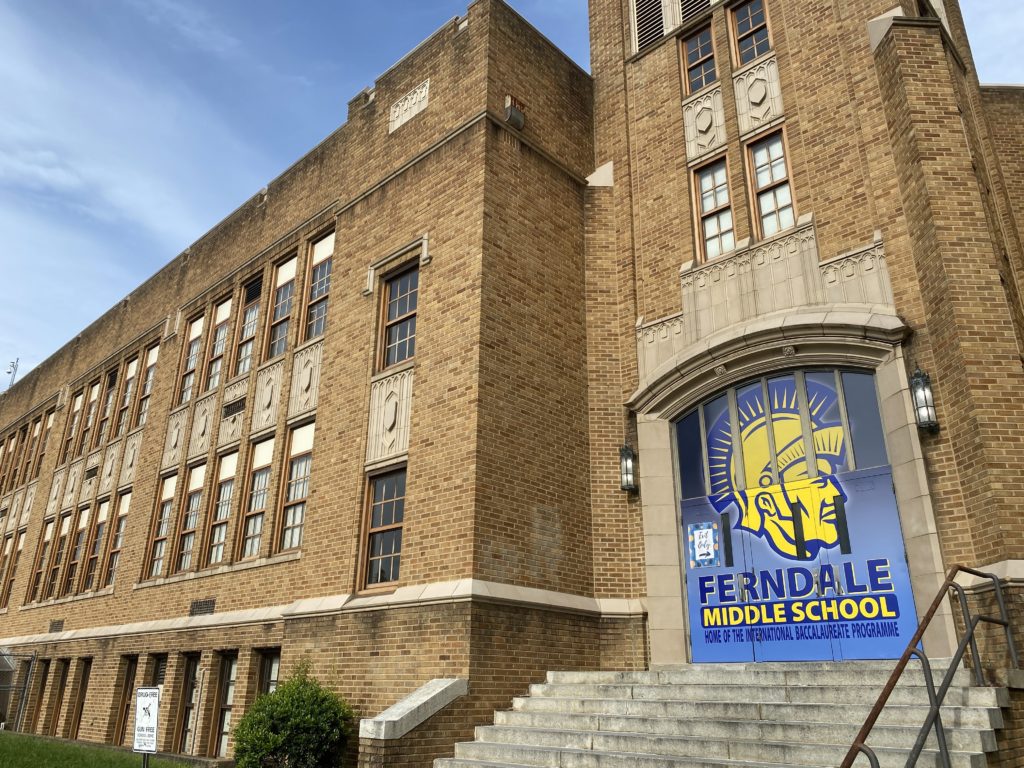

“I’ve just been telling them, ‘Hey, like, just a couple of weeks … we’ll be in the classroom together, like it’ll be OK,'” she said.
Talk about preparation: For one of her final projects at South Carolina, she focused on infectious diseases in schools.
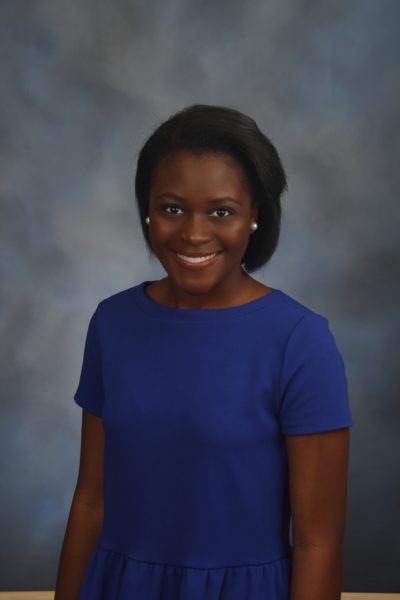

“It’s been difficult to navigate life because I know what this means, and a lot of people don’t,” she said. “It’s hard to explain it to people who don’t really understand at all. I try to make that connection. It’s a learning process. I’m learning how to do these things. As a public health professional and teacher, that’s something that I’m going to need to learn anyway.”
Moss said she had former ideas for how to bring real-world examples into her work as a science teacher before the pandemic.
“After I figured out I was definitely going to be teaching, I kind of started to focus that last semester of school into what that is going to look like. Traditionally what that looks like,” she said.
“And now that we’re in this boat that we’re in, I’m like, ‘Where do I start?'”
The first days of classes went well, she said. They still aren’t doing live class times, so her teaching day gets going when her students wake up — normally about 11 a.m. or noon, she said. GCS launched remote learning for this year with a transition time of asynchronous virtual orientation.
For a new teacher like Moss, the Teach For America network has been a lifeline. She has multiple corps members at her school, and has been supported by the state network.
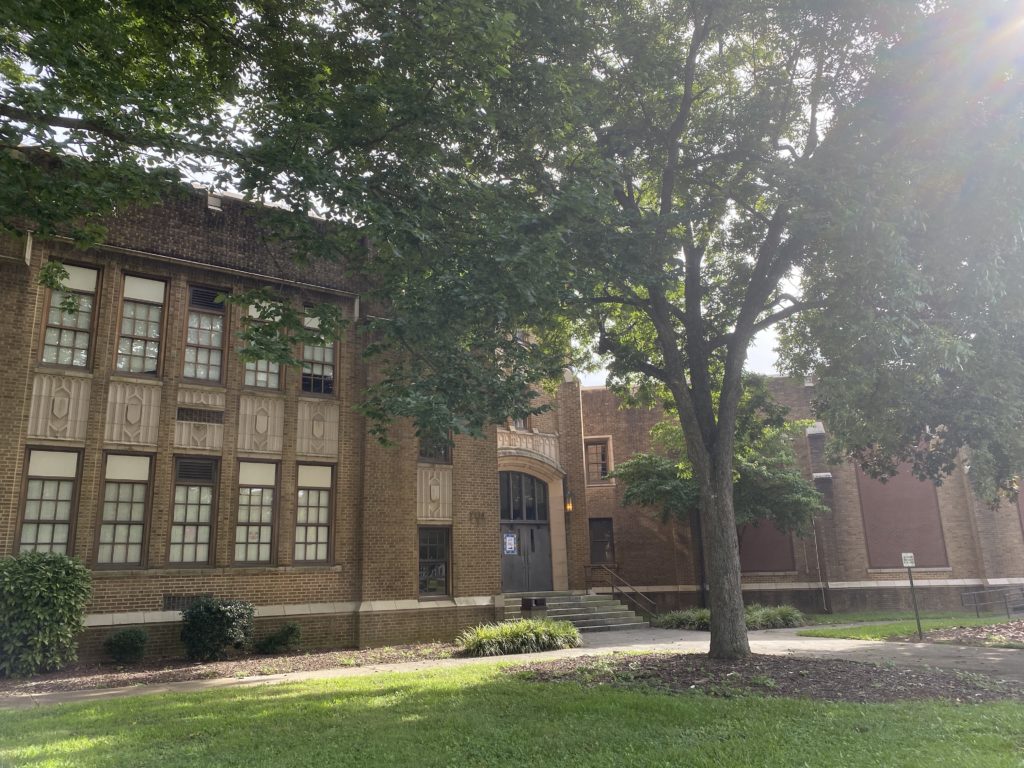

“We’ve just been talking about how we’re doing, how we’re feeling navigating the new uncharted waters of teaching,” she said. “I’ve also been able to talk to a few people who are in Charlotte-Mecklenburg Schools, and about how their structure’s going, and we just like to pair the differences. We share notes and tech tips and things that we learned in the little bit of time that we’ve been in school.”
While the routine on the first day of school for Moss was simply logging into her laptop, the TFA team made it special by checking in with her, encouraging her, adding a little bit of that “first-day magic,” she said.
She’s giving that same support to her students, since she was in their position with her own virtual college classes just a few months ago.
“I’ve been more flexible because I know how it feels to be thrown into virtual learning,” she said.
“Giving students that grace and understanding by saying ‘OK, we know you don’t want to be in virtual, I don’t want to be in virtual, but we’re going to make it work the best way we can.'”
